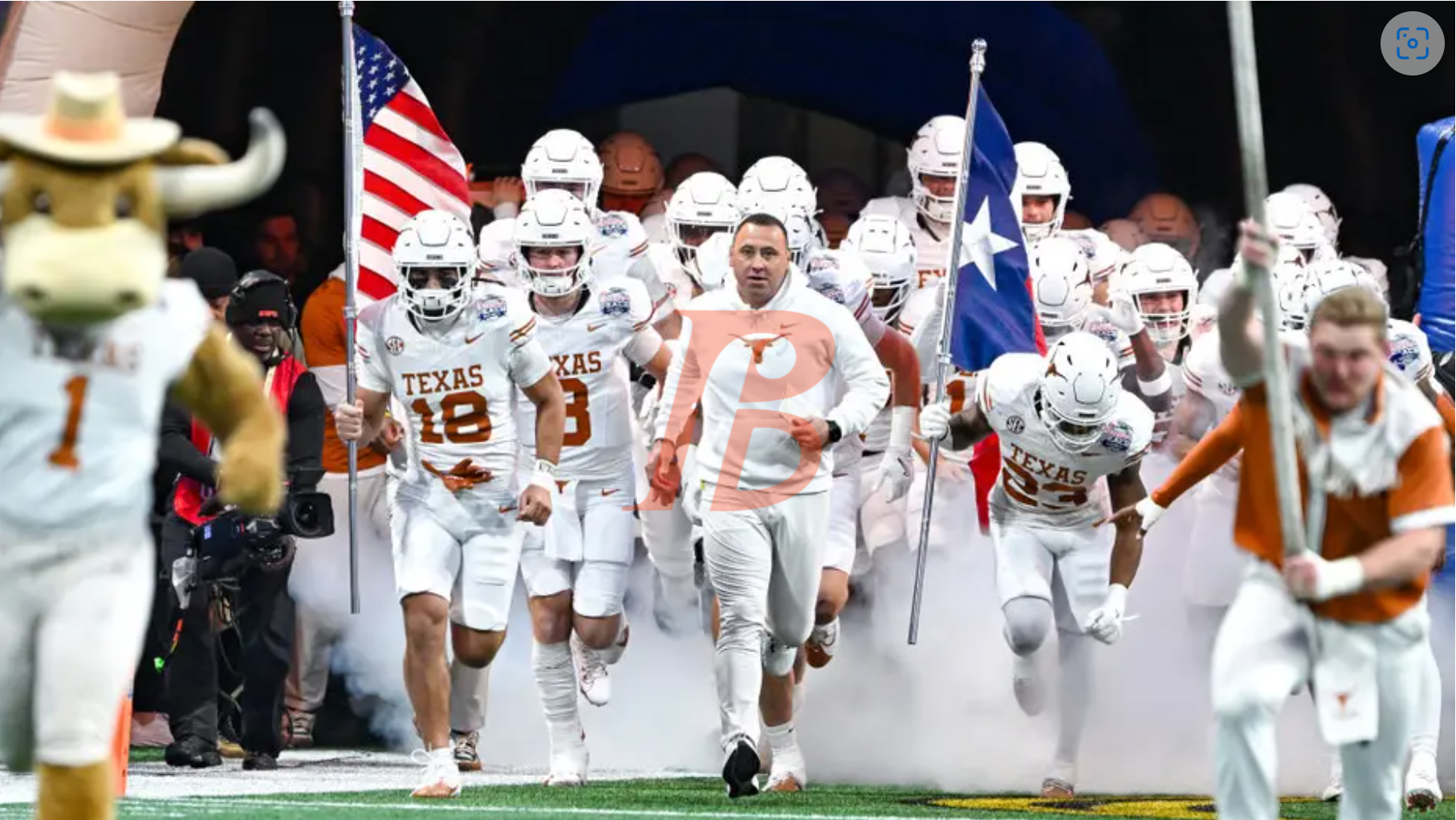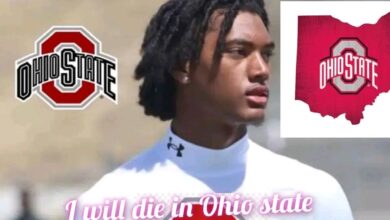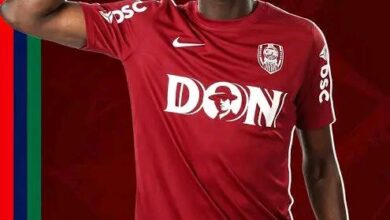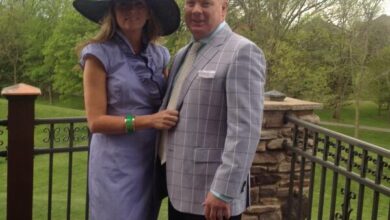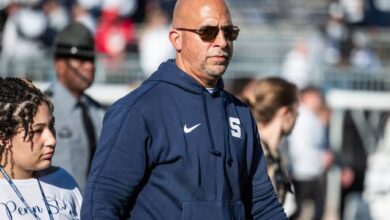TOM MORELLO OF RAGE AGAINST THE MACHINE SLAMS DONALD TRUMP IN FIERY DEFENSE OF BRUCE SPRINGSTEEN AMID ESCALATING FEUD OVER MEMORIAL DAY SPEECH, CALLING OUT POLITICAL INTIMIDATION AND STANDING UP FOR ARTISTIC FREEDOM…
TOM MORELLO OF RAGE AGAINST THE MACHINE SLAMS DONALD TRUMP IN FIERY DEFENSE OF BRUCE SPRINGSTEEN AMID ESCALATING FEUD OVER MEMORIAL DAY SPEECH, CALLING OUT POLITICAL INTIMIDATION AND STANDING UP FOR ARTISTIC FREEDOM...
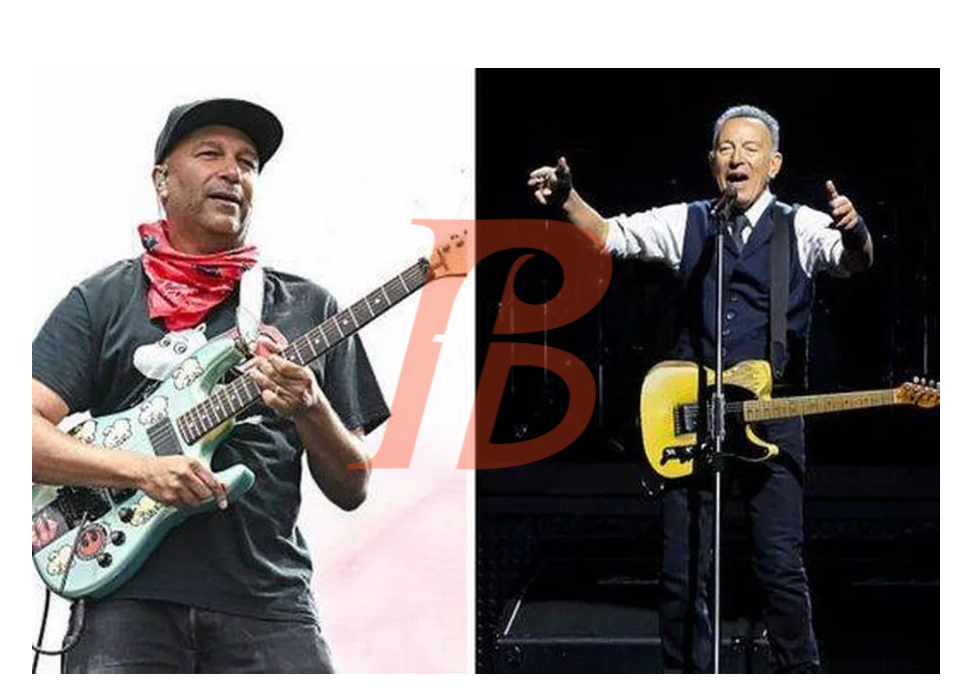
In a powerful performance at the Boston Calling Music Festival, legendary guitarist Tom Morello of Rage Against The Machine launched a scathing attack on former President Donald Trump, responding to recent criticisms leveled by Trump against fellow music icon Bruce Springsteen. With a bold backdrop reading “F— Trump” serving as a visual declaration of his stance, Morello used the stage to deliver a resounding message of defiance and solidarity.
Springsteen’s Memorial Day Speech Triggers Trump
The feud erupted after Bruce Springsteen gave a passionate and politically charged Memorial Day performance in Manchester, during which he condemned Trump’s presidency, labeling it “corrupt, un-American, and treasonous.” Springsteen, often dubbed The Boss, has never shied away from political commentary, but this speech struck a particularly sharp chord. He warned the crowd that America’s future hinges on “honesty, courage, and a resistance to tyranny,” clearly aiming his rhetoric at Trump’s leadership and its lingering influence.
This performance wasn’t merely entertainment — it was an invocation of patriotic dissent. Springsteen connected his message to the sacrifices of military families, arguing that their bravery should not be used to justify corrupt governance. The performance echoed themes from his album Land of Hope and Dreams, reinforcing a vision of America as inclusive, compassionate, and principled — a direct contrast to Trump-era policies.
Trump’s Outrage and Explosive Truth Social Response
In typical fashion, Donald Trump responded on his Truth Social platform with a tirade that insulted Springsteen and went as far as to demand an “investigation” into the performer’s alleged political involvement. Trump accused Springsteen, along with Bono, Beyoncé, and Oprah Winfrey, of being “paid performers” for Vice President Kamala Harris’ campaign, implying they were part of a coordinated propaganda effort.
His post read:
“Why are Bruce Springsteen, Bono, Beyoncé, and even Oprah getting paid to perform at events backing Kamala? Is anyone investigating this? The American people deserve to know what’s really going on.”
No evidence has surfaced to back Trump’s claims, which many critics quickly dismissed as yet another distraction tactic aimed at rallying his base and silencing dissenting voices in the cultural sphere.
Bono and Morello Fire Back
Bono, the U2 frontman and another subject of Trump’s social media blast, did not stay silent. Appearing on Jimmy Kimmel Live, Bono denied any political involvement, stating:
“I didn’t get paid, and I certainly didn’t perform for any campaign. But if Bruce, Beyoncé, and Oprah are the company I keep in Donald’s nightmares, then I must be doing something right.”
He went on to accuse Truth Social of being “a factory of fear, lies, and conspiracy,” urging viewers to recognize the broader pattern of targeting prominent cultural figures who speak out.
Tom Morello, never one to back down from a fight, doubled down in support of Springsteen. Speaking before thousands of fans, Morello described Springsteen as “a voice of truth in a time of dangerous deceit,” and blasted Trump as a “bully and a fraud trying to use fear to silence artists.”
Morello’s performance, filled with Rage classics like Killing in the Name and Testify, took on new resonance in the context of the feud. Between songs, he spoke candidly about the importance of using music as a weapon of resistance:
“Every time we play, every time you sing, every act of art right now is an act of resistance. That’s what Bruce understands. That’s what Trump fears.”
A History of Collaboration and Resistance
The friendship and artistic partnership between Tom Morello and Bruce Springsteen has deep roots. Morello has joined Springsteen on multiple tours and albums, most notably on the 2014 High Hopes tour, where he filled in for longtime E Street Band guitarist Steven Van Zandt.
The two men share a common worldview grounded in working-class solidarity, anti-war sentiment, and a deep commitment to civil rights. Their performances together — such as electrifying renditions of The Ghost of Tom Joad — have become iconic expressions of protest through song.
Morello has often cited Springsteen as a personal hero, stating during a past interview:
“Bruce doesn’t just sing about justice — he fights for it, lives it, and inspires the rest of us to follow suit.”
This mutual respect has strengthened their public alliance, making Morello’s defense of Springsteen both personal and political.
The Bigger Picture: Artistic Freedom Under Threat
This clash between rock legends and a former U.S. president reveals deeper concerns about freedom of expression in today’s polarized political climate. Morello’s fiery remarks and Springsteen’s passionate plea for justice reflect a broader struggle — not just between artists and politicians, but between truth and propaganda.
The music industry has long been a battleground for political discourse. From Bob Dylan and Joan Baez to Public Enemy and Kendrick Lamar, artists have historically used their platforms to speak out against injustice. But recent years have seen intensified efforts by political actors — particularly those aligned with Trump — to discredit and silence these voices.
In the words of Morello:
“They don’t want music to mean anything. They want it to be noise — background noise to a reality show nightmare. But music has always been the people’s truth.”
By standing with Springsteen, Morello reinforces a legacy of defiance. It’s a signal to fans and fellow musicians alike that the battle for artistic and political freedom is far from over.
Artists Rally Around the Cause
Following the public fallout, numerous artists and cultural figures have voiced support for Springsteen and Morello. Among them:
- John Fogerty, who said: “Bruce speaks for the voiceless, and Tom shouts for the silenced.”
- Pink, who posted on Instagram: “When bullies come for legends, we all need to rise.”
- Questlove, drummer for The Roots, shared Morello’s speech clip with the caption: “Rock will always be resistance.”
Even organizations like the American Civil Liberties Union (ACLU) weighed in, issuing a statement warning of the dangers of political retaliation against public figures:
“When elected officials — current or former — use their platforms to intimidate or investigate artists for expressing opinions, it chills free speech across the board. The First Amendment doesn’t disappear when someone picks up a guitar.”
A Cultural Battle Heading Into Election Season
This controversy is not just about one performance or one feud. It signals a larger cultural battle heading into the 2026 midterm elections and beyond. With Donald Trump eyeing a return to political relevance and artists like Springsteen and Morello urging voters to resist authoritarianism, the stakes are clear.
Music — long a tool for rallying social movements — remains at the heart of this conflict. And with Springsteen and Morello refusing to back down, Trump may have awakened a sleeping giant in the arts community.
Morello concluded his Boston Calling set with a chilling call to action:
“You don’t have to be on a stage to be part of the resistance. Sing loud. Vote loud. Live free. And never let a fascist tell you what your truth is.”
Final Thoughts: More Than Just a Feud
What began as a single Memorial Day speech has grown into a movement. Tom Morello’s defense of Bruce Springsteen isn’t just about friendship — it’s a defense of truth, integrity, and the soul of American art.
As political tensions continue to rise, the courage of artists who use their platforms to speak out remains essential. Whether through raging guitar solos or poetic lyrics, voices like Morello’s and Springsteen’s are vital reminders that in dark times, music still lights the way.


